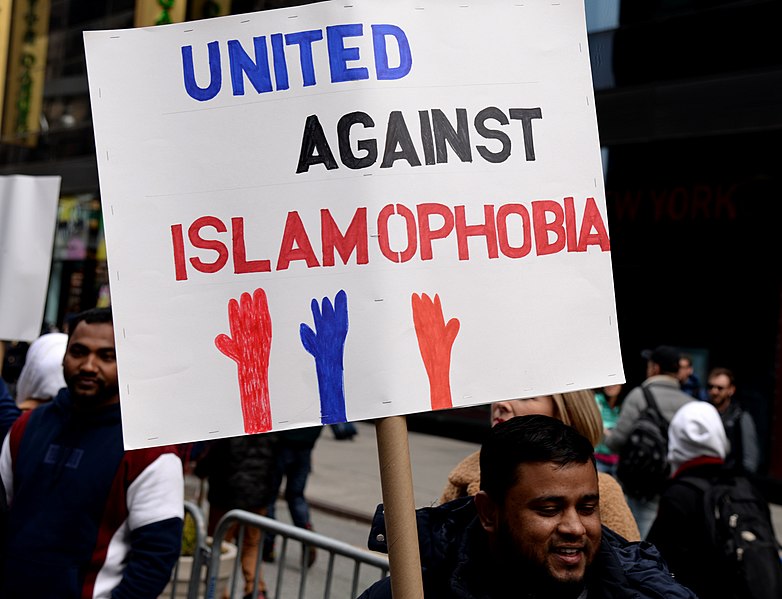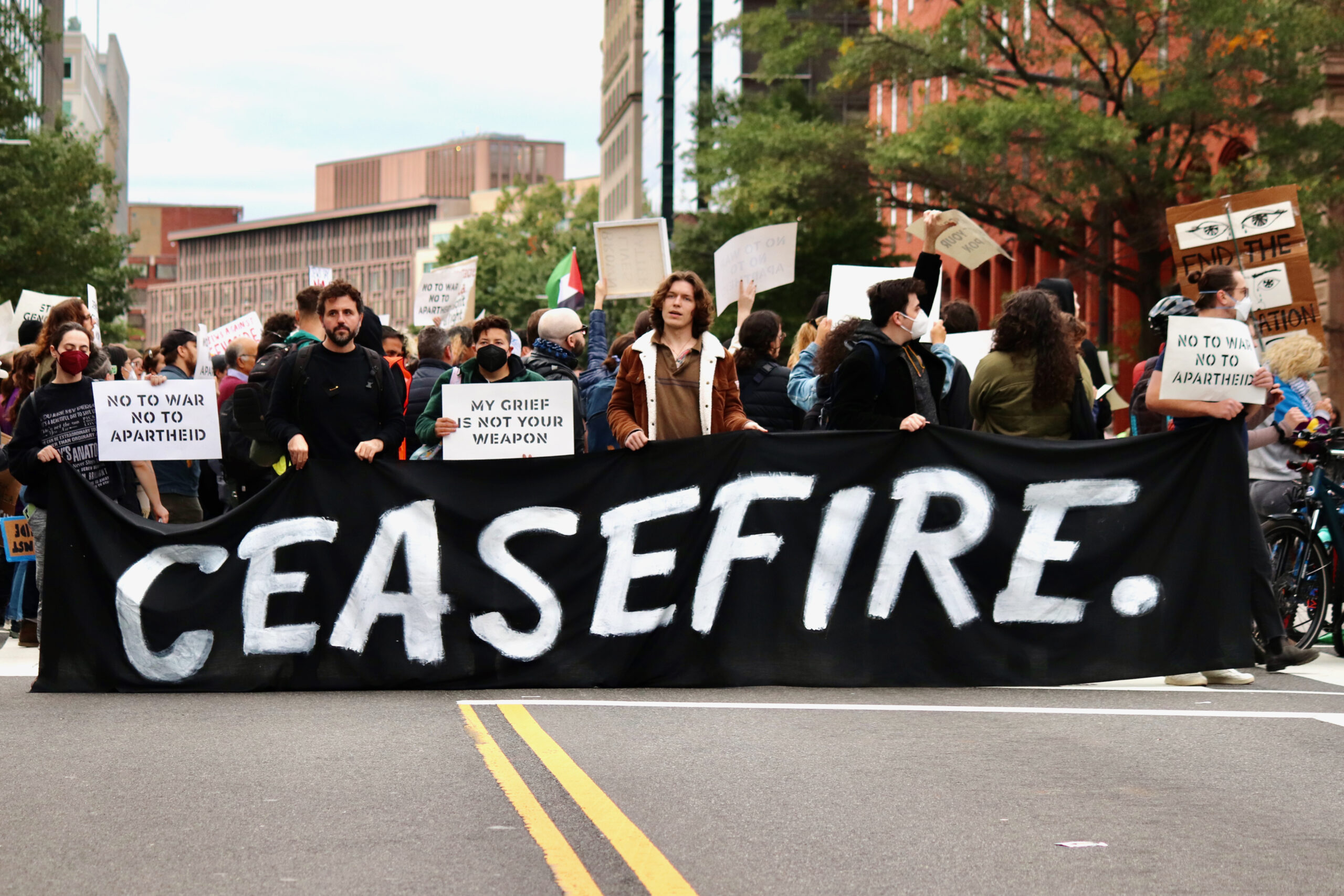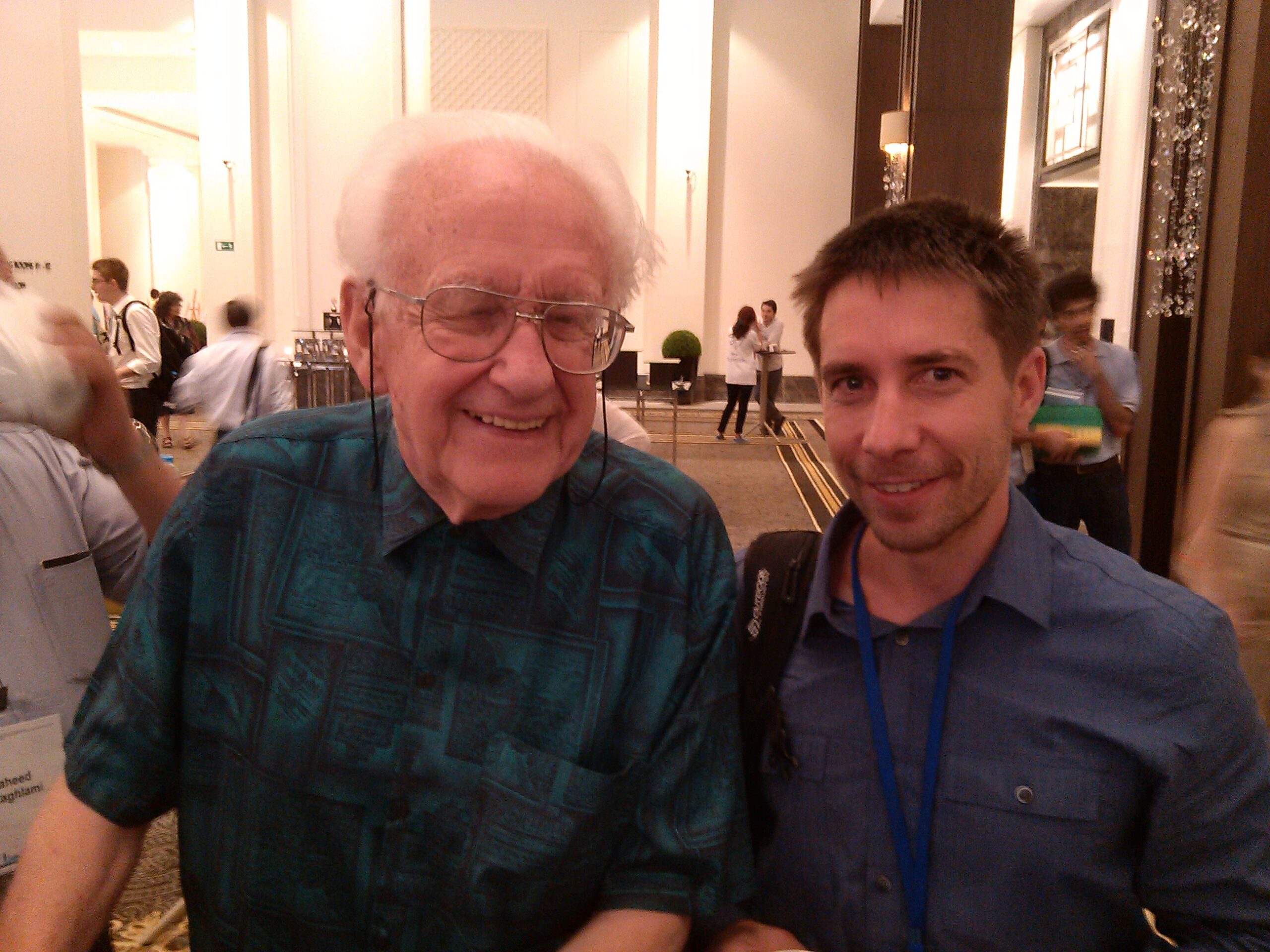
Transitional Justice as a Response to Conservation Violence against Indigenous Peoples
Conservation violence against Indigenous Peoples can be understood as a proper concern of transitional justice, as it entails “large-scale past abuses,” and the present moment constitutes a period of transition towards greater recognition of Indigenous rights in relation to environmental protection.

Genuine Security as an Alternative to U.S. Militarization of Oceania
U.S. control over the Pacific Ocean constitutes a form of colonial empire sustained by militarization and environmental exploitation.

Decolonial Environmental Peacebuilding in Colombia
In the context of a campesino community in southwestern Colombia, the coca leaf, widely known as the primary ingredient for cocaine, is commonly associated with illicit markets and violence but can be a source of environmental peacebuilding.

Exploring Bottom-Up Environmental Peacebuilding in Timor-Leste
The local customary dispute resolution practice of Tara bandu—practiced throughout Timor-Leste to manage natural resources and address communal or interpersonal violence—is an example of successful, bottom-up environmental peacebuilding.

Children as Agents of Militarization in the Donbas Region of Ukraine
Children participate in militarization processes through everyday practices at their schools that commemorate military history and sacrifice and celebrate Donbas regional identity, thereby helping to legitimate these proto-republics and their military activities.

How Counterterrorism Practitioners Discount the Lived Experience of Racial Violence
Academic-practitioner exchanges focused on counterterrorism policy show how whiteness is employed by practitioners to restrict certain types of knowledge about Islamophobia and systemic racism.

Costs and Considerations for Meaningful Ceasefires
Ceasefires represent strategic deliberations for conflicting parties— when honored, ceasefires reduce violence immediately and create opportunities for meaningful conflict de-escalation and resolution.

Perspectives on Feminist Foreign Policy: Revealing New Narratives, Challenging The Status Quo
Read our summary report of our feminist foreign policy essay “un-contest” where we published 11 essays from emerging thought leaders around the world.

A Tribute to Johan Galtung
We are saddened by the news of Johan Galtung’s passing. As “a founding father of peace studies,” Galtung has made unparalleled contributions to peace and conflict research and has left an unforgettable mark on generations of scholars and practitioners.

Forgiveness as Acts of Everyday Co-existence
In the context of focus groups with ethnic Croats and Serbs in Croatia, formal apologies and forgiveness might not be necessary to build peaceful, intergroup relationships between ethnic Serbs and Croats, but the “exchange of mutual social gestures showing readiness for contact and moving on with everyday living” are meaningful.

War Diminishes Global Economic Growth
War is expensive and destructive, affecting long-term economic growth through population changes, fewer investments, and worsening educational outcomes.
